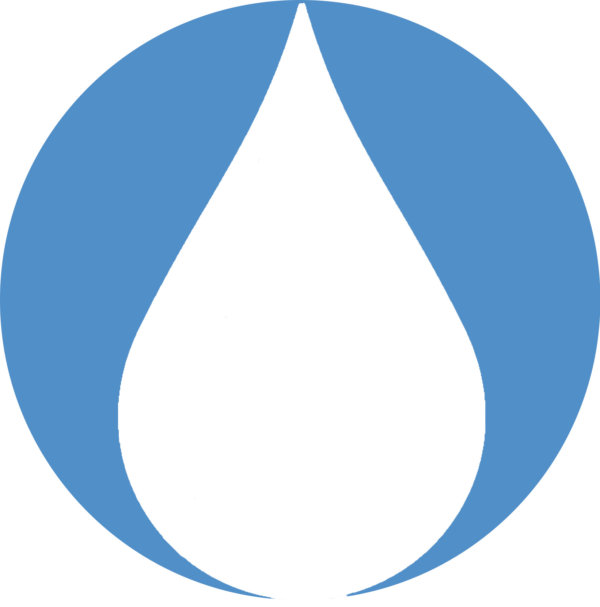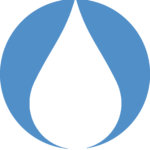Let’s discuss those characteristics of Then which appear Now. We are talking about the Departments with which you may be familiar from your local Group. Examples are
- Communications – Kommunikasie
- Refugee Control Centre – Vlugtelingbeheersentrum
- Receiving – Ontvangs
- Logistics – Logistiek
- Security – Sekerheid
They are the principle components of Then. In the event of the activation of the National Emergency Plan, the regions which are lawfully occupied by our people will have to have all sorts of utilities. Within the provisions of international humanitarian law, there will be Policing, Sewerage, Food Distribution, and so on ad infinitum.
It stands to reason that those utilities will have to exist in the camps during the flight, too.
Important Side Note: members will know that we use the words evacuate, evacuee, and evacuation in much of our literature. Indeed, we have often spoken of our “evacuation plan”; and, make no mistake, that evacuation plan has few peers anywhere in the world. People from all over the civilised world have asked us to advise them on preparing and implementing the same evacuation plan. However, this has led to some people, especially non-active members & non-members, assuming that the whole process of removing from violent conflict will necessarily be orderly and all hunky-dory, just like jumping on a train and waving goodbye to the madness. Far from it! Can you imagine the chaos and panic which will prevail during national anarchy? It’s true that Suidlanders’ own evacuation systems will be by far the most capable of safeguarding people’s welfare but they won’t be able to furnish a pleasure cruise for every Johnny-come-lately who is not on a Suidanders WhatsApp group or on our Nood SMS system, and who ignored our first three warnings and then attempted, two days later, to try to catch up with a convoy while having no fuel in his car’s tank! It just doesn’t work like that. Due to the locations of the most populated areas of South Africa and due to the reasonably certain expectations which experts, including international experts, have of where the conflicts will erupt and where they will be most severe, the overwhelming majority of people will encounter difficulties in removing themselves to safety. We are obliged to make that clear. Therefore, you will find that we are now employing the tougher terms flee, flight, and refugee more often. It is vital that people begin to recognise the seriousness of this matter.
To return to our former point, those utilities will be required at once in the event of a nationwide emergency – from the first moment. Therefore, the Provinces, Regions, and Groups should possess those departments right now. From the very instant that they begin to flee, they should have the necessary means to maintain social welfare. The most well-prepared Groups, Regions, and Provinces have all striven to develop certain vital capacities (Departments) which serve little purpose Now but which will be vital during their flights.
Those fleeing Groups will join up with other Groups from their Region, then other Regions from their Province, like tributaries flowing into a river, to travel and live as safely and securely as possible together, protected as civilian non-combatant refugees by the explicit provisions of international humanitarian law, as they move towards safe areas of the country.
Briefly, the departments are:
- Communications – Kommunikasie, which is based upon a Citizens’ Band radio network covering almost the whole of South Africa
- VBS (vlugtelingbeheersentrum) or Refugee Control Centre. Note: The Suidlanders does not – either expressly or implicitly, offer a rescue service or anything of that nature. The purpose of the VBS is solely to co-ordinate and advise streams of refugee-convoys by radio. It is a large and vital department.
- Receiving – Ontvangs, which is a Department comprised of numerous locations which will be set up to receive and assist the flood of refugees into safe-havens and direct them towards roles and positions to be filled. Each person will be required to fill a role within the overall plan. Sometimes, those roles will be determined by knowledge, skills, and experience and sometimes they will be dictated solely by the needs of the group and the plan. Receiving is, naturally, more-or-less a temporary department.
- Logistics – Logistiek. This is the largest department and it might benefit the reader’s understanding to view it as the core of the National Emergency Plan. All of the other departments are, in a certain sense, intended to support Logistics i.e. the effective delivery of shelter, warmth, food, fuel, transport, medicine, and primary utilities such as electricity, water, and sewerage to our citizens. It is also the greatest “employer” of human resources, managing the vast majority of people’s contribution to the communities and, you might say, the society which we will have to effect.
- Security – Sekerheid entails lawful policing, prosecution, and security.
The Provinces (and, in many cases, Regions and Groups, too) have each one of those departments in place to ensure
- That their convoys & camps are effected to their maximum potentials
- That they can contribute those self-same services to their eventual safe-havens upon arrival there
Finally, the Headquarters of The Suidlanders possesses those departments, too. In the event of the implementation of the National Emergency Plan, our headquarters will draw upon its existing resources in each of those departments plus those departments will be augmented by incoming people. At the headquarters level, all of the abovementioned departments are co-ordinated by the Office of the HQ Co-ordinator (Kantoor van die HK Ko-ordineerder). It is a central strategic supervisory department and there are no real duplicates of it at lower levels.

